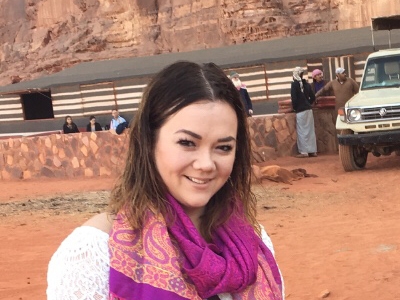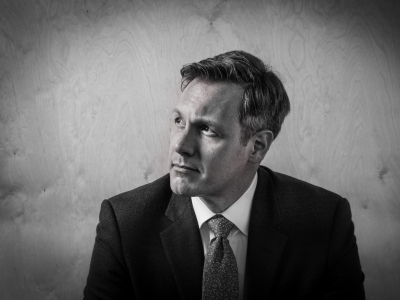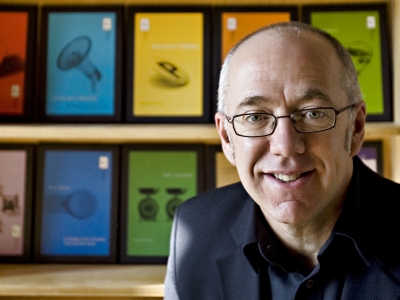This profile was part of the Faculty of Public Affairs’ 75 for the 75th series, which highlighted 75 notable alumni in FPA in honour of Carleton University’s 75th anniversary. These stories were published in 2016 and 2017.
Clinical Supervisor and Residential Counselor, Wanaki Residential Treatment Centre
Bachelor of Social Work (‘97)
By 2015, Mr. Gilbert Whiteduck had worked more than 35 years as an educator in his community, as the elected Chief of the Kitigan Zibi Anishinabeg First Nation, and as a well-known activist and speaker.
But some days, as he was driving home after delivering a speech or testifying before a parliamentary committee, he would say to himself, “Have I made a difference in the lives of the people most in need today? I gave a beautiful speech and everyone stood up and applauded. But it was a flash in the pan. I didn’t do a damned thing.”
And so, after many years of working in a community leadership position, Mr. Whiteduck decided he needed to take care of his own spiritual, mental, emotional and physical well-being. He therefore left his position and “found his way back to a state of well-being by connecting to his ancestral spirituality”.
He subsequently decided to go work with people who had great needs and wanted to get on “the red road—a road of love and hope”. He accepted a position as a residential counselor, as well as a clinical supervisor, at the Wanaki Residential Treatment Centre in the Kitigan Zibi Anishinabeg community.
“I wanted to see how colonization truly impacted the lives of First Nations directly,” Mr. Whiteduck explains. “Now, I sometimes hear from young people who have lost hope. I hear about the collective impact of residential schools and about racism, which is alive and well. I also see many young and older people regain their pride as First Nations people of the land and therefore find their true spirit which came from the first heartbeat and will remain until the last.”
But despite the challenges of extreme poverty, addiction, suicides, Mr. Whiteduck refuses to see the glass as half-empty.
“Again and again, when people reconnect with their First Nations or Inuit ancestral way of life, we see a positive change happen. There’s just an opening, but it’s so exciting,” says Mr. Whiteduck. “We want to help them find that spirit they were born with, that is still whole and beautiful, whether they are 17-years-old or 60-years-old.”
Mr. Whiteduck says the counselors are not there to lead, but to accompany the clients during their five weeks at the centre. They rely on traditional tools such as the medicine wheel, which is used for spiritual, emotional, intellectual and physical healing—thereby equipping clients with tools and support from both the traditional community and the mainstream community. The Seven Grandfather teachings also frame the approach that is taken.
“This work draws both on my Social Work degree and on the teachings I received over many years to help make a difference for people,” he says. “I became very accustomed to doing speeches and talking, but I’ve started doing more listening than ever before. Often, people are not looking for much more than that. They need to know and feel that that they are loved.”
In addition to his counselling work, Mr. Whiteduck remains a front-line activist, as well—challenging government leaders to help improve life in First Nations and Inuit communities.
“There are promises in a budget speech. But at the community level, promises don’t mean a damned thing because nothing significant has changed,” he says. “There are children (on reserve) across Canada without safe drinking water, quality education or equal family support. It has to go beyond words.”
In all of his efforts, Mr. Whiteduck continues to bring his focus back to the people around him: his neighbours, the youth and the First Nations people that come to the treatment centre.
“I tell the youth that I speak with in my community and elsewhere that if they ever want to come over and talk, I’m there. I’m trying to convey hope and pride and not allow them to let go of that,” says Mr. Whiteduck. “We can’t let our ancestral teachings get lost in mainstream Canada.”
Wednesday, May 18, 2016 in #FPA75, Career Paths, School of Social Work
Share: Twitter, Facebook



